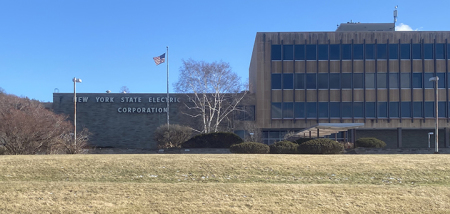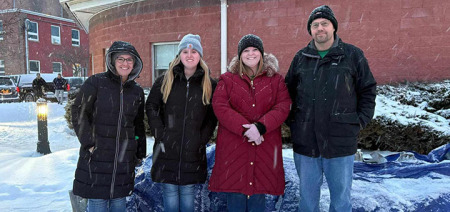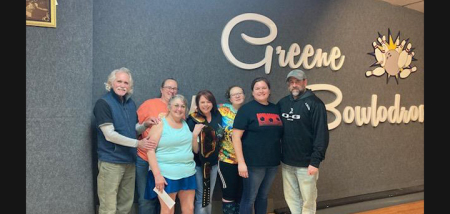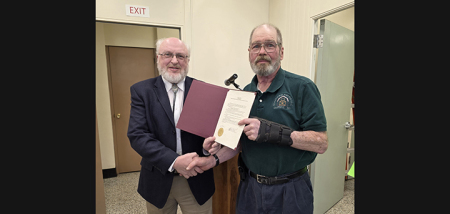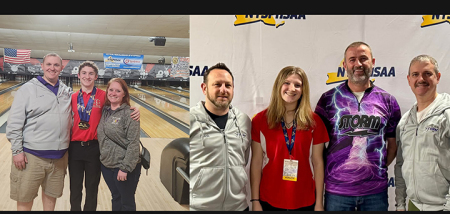Supreme Court Hearing 2 Vehicle Search Cases
Published:
January 9th, 2018

WASHINGTON (AP) — Terrence Byrd was driving his fiancee's rental car on a Pennsylvania highway when a state trooper pulled him over for an alleged minor traffic violation. He acted nervously during the stop, at one point telling troopers he had a marijuana cigarette in the car, and officers eventually asked to search the vehicle.
But because the rental agreement didn't authorize Byrd to drive the gray Ford Fusion, troopers told him they didn't actually need his consent for the search. And when troopers opened the trunk, they found body armor and about 2,500 little bags of heroin. Byrd later acknowledged he planned to sell the drugs for roughly $7,000, and a court sentenced him to 10 years in prison.
On Tuesday, the Supreme Court will hear argument in two vehicle search cases including Byrd's. His attorneys argue his case has potential consequences for the 115 million car rentals that take place annually in the United States.
The court's decision has the potential to impact, in particular, low-income Americans, a significant portion of car renters, and black and Hispanic drivers, who are more likely to rent cars than white drivers, according to the American Civil Liberties Union and the National Association of Criminal Defense lawyers, who filed a brief in the case.
The Evening Sun
Continue reading your article with a Premium Evesun Membership
View Membership Options
Comments
